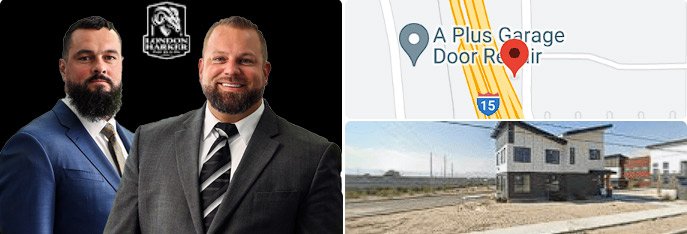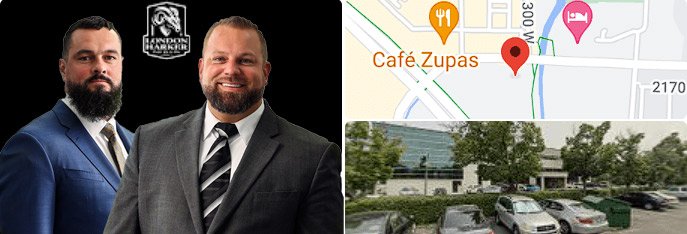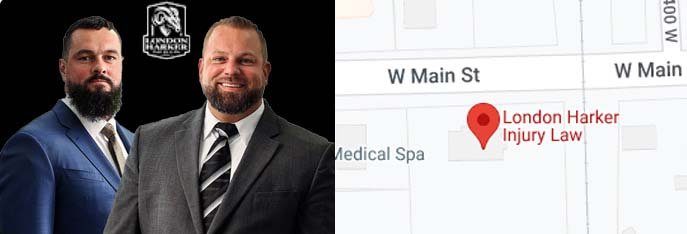Posted on Monday, June 30th, 2025 at 1:25 pm
If you’ve been injured in a truck accident in Utah, one of the first legal questions that arises is: Who is liable—the truck driver or the trucking company? Understanding the differences between suing an individual driver and a commercial trucking company is critical to maximizing your compensation and protecting your legal rights.In Utah, truck accident claims can involve both direct liability (negligence by the driver or company) and vicarious liability, a legal doctrine known as respondeat superior, which allows victims to hold the trucking company accountable for the actions of its employees. Here’s what you need to know.
Vicarious Liability: When Companies Are Responsible for DriversUnder Utah law, an employer can be held liable for the negligent acts of its employee if those actions occur within the scope of employment. This legal principle, called respondeat superior, applies when:
Direct Liability: When the Company Is NegligentEven if the driver is primarily at fault, the company itself can be directly liable for:
Employee vs. Independent Contractor: Why It MattersOne critical distinction under Utah law is whether the driver is an employee or an independent contractor. Employers generally are not liable for the actions of independent contractors.The courts will consider several factors to make this determination, such as:
Personal Injury Protection (PIP) and Truck AccidentsIn Utah, drivers must carry Personal Injury Protection (PIP) insurance under the state’s no-fault system. PIP covers initial medical expenses and lost wages regardless of who caused the crash.However, if your injuries are severe or costs exceed PIP limits (typically $3,000), you can step outside the no-fault system and sue the at-fault party.Utah Insurance Department – Auto Insurance Requirements
Benefits of Suing the Trucking CompanyHere’s why pursuing a claim against the trucking company is often more beneficial than going after the driver alone:Greater Insurance Coverage – Companies carry commercial liability policies
Higher Settlements – More resources often mean more compensation
Multiple Theories of Liability – You can combine direct and vicarious liability claims
Regulatory Violations – Federal and state violations may bolster your case
What to Do After a Truck Accident in Utah
Final Thoughts: Get Legal Help Before It’s Too LateTruck accident claims in Utah involve complex liability questions, state-specific laws, and strict filing deadlines. Whether pursuing respondeat superior or direct negligence, an experienced lawyer can help you uncover the strongest path forward and fight for the compensation you deserve.Don’t delay—schedule a consultation with London Harker today.
Additional Resources:



